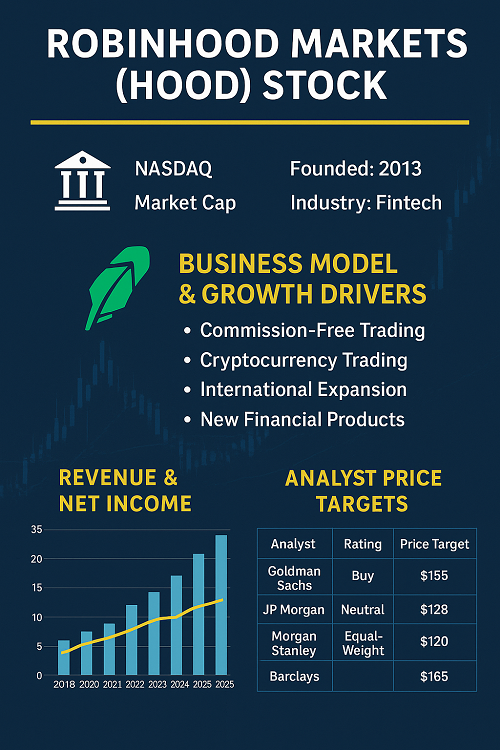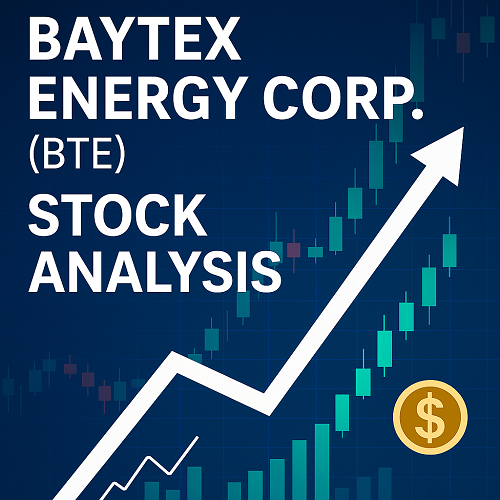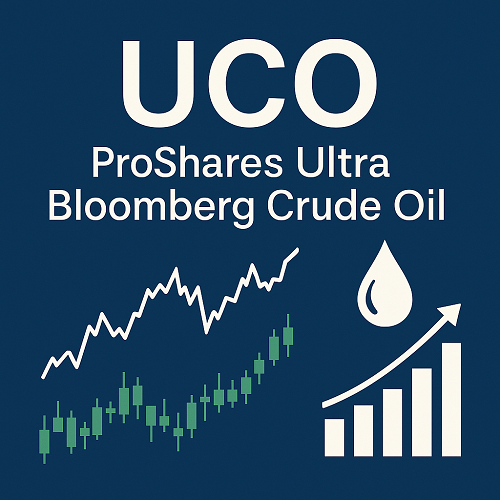EVgo Inc. is a U.S. electric-vehicle (“EV”) fast-charging network company that aims to build and operate a large network of DC fast-chargers and Level 2 chargers across the United States. The company is currently unprofitable but showing meaningful growth in usage and network scale. This makes it an interesting, albeit risky, growth-infrastructure play tied to the broader EV adoption trend. Key take-aways:
- Revenue growth is strong (e.g., Q3 2025 revenue +37 % YoY) yet losses remain significant.
- The market cap is modest (~US$1B) and the stock price is depressed relative to prior peaks, indicating expectations of execution risk and margin pressure.
- Major strategic partnerships and infrastructure build-out provide upside, but execution, competition, regulatory and capital-intensity risks are meaningful.
This article will walk through EVgo’s business model, recent performance, strategic positioning, valuation considerations, risks and outlook — giving you a solid foundation whether you’re trading or investing.
Company & Business Model
History & Overview
- EVgo was founded in 2010 as part of a settlement by NRG Energy and the California Public Utilities Commission.
- The company is headquartered in Los Angeles, California, and is publicly traded under the ticker EVGO.
- EVgo operates one of the largest public fast-charging networks in the U.S., deploying DC fast chargers and Level 2 chargers typically at retail/c-store parking locations, shopping centres, truck stops, etc.
How EVgo Makes Money
The business model is infrastructure-heavy, combining three core elements:
- Network growth (hardware/install): Deploying fast-charging stalls (e.g., 350 kW or similar) across many locations.
- Usage/throughput monetisation: As more EVs use the network, throughput (kWh delivered) increases; higher utilisation drives revenue and leverages fixed costs. For example, Q3 2025 network throughput reached ~95 GWh, +25 % YoY.
- Commercial/partnership revenue streams: Agreements with automakers, fleets, retail partners for exclusive access or co-branded charging services, dynamic pricing, subscription programmes.
Because fast-charging hardware is expensive and fixed costs are high (site acquisition, power connections, maintenance), the model scales favourably as utilisation improves — but requires scale and execution.
Strategic Advantages
- Early mover / network scale: EVgo has already deployed thousands of fast‐charging stalls (e.g., Q3 2025 added >280 new operational stalls, total ~4,590 stalls) which gives it a scale advantage.
- Partnerships / OEM tie-ins: The company has announced collaborations with large automakers (e.g., GM) and retail/truck stop networks, which can help site access, traffic and tie-ins to vehicle makers.
- Usage leverage: As more EVs hit the road and fast-charging becomes more critical (rather than slower home charging), companies like EVgo stand to benefit from rising utilisation.
Recent Performance & Financials
Key Numbers
- Market cap: Approximately US$1.03 billion.
- 52-week price range: ~$2.19 to ~$7.15.
- Q3 2025: Revenue ~US$92.3 million (+37 % YoY).
- Within that, charging network revenue ~US$55.8 million.
- Net loss ~US$28.4 million (improvement from US$33.3 m previous year).
- Business statistics (last 12 months): Revenue ~$333.1 m; Net loss ~$48.9 m; Free cash flow negative ~$122.8 m.
- Balance sheet: Cash ~$181.3 m; Debt ~$261.9 m; Net cash negative ~$80.6 m.
- Short interest: ~9.7 % of shares outstanding.
Interpretation
- Revenue growth is impressive (high double-digits), which matches the thesis of rising EV usage and fast-charging demand.
- Losses remain material, free cash flow is negative and the company is still scaling. This means profitability is not yet assured, and execution risk remains.
- The negative net cash position (debt > cash) means the company will likely continue to need capital (equity or debt) unless margins improve significantly.
- Volatility is high (beta ~2.35).
Competitive & Industry Landscape
Industry Trends
- EV adoption in the U.S. continues to rise, driven by regulatory tailwinds (emissions standards, EV incentives) and increasing consumer acceptance.
- The need for fast, reliable public charging infrastructure is a key bottleneck for EV growth — especially for road trips, commercial fleets, apartment / multifamily residences where home charging isn’t sufficient.
- Infrastructure players benefit from network effects: more locations → more vehicles serviced → higher utilisation → lower per-unit cost → competitive advantage.
Competitors & Risks
- There are several major competitors in the fast-charging space, including ChargePoint Holdings, Inc., Electrify America, EVBox, etc. While they differ in business models (ownership vs. network operator vs. hardware manufacturer), competition for sites, power availability, partnerships and pricing is real.
- Risk of commoditisation: As more players build networks and hardware costs fall, margins could compress.
- Regulatory / power grid constraints: Fast-charging demands significant power; utilities, grid infrastructure and permitting can delay roll-out.
- EV adoption and technology risk: If EV penetration slows, or alternative charging technologies emerge, it could impact usage projections.
EVgo’s Competitive Positioning
EVgo appears to be well-positioned in several respects: early network build-out, partnerships with large automakers and truck/travel-stop networks, and ramping utilisation metrics (e.g., throughput per stall +16 % YoY in Q3). However, the company must continue to scale, control costs and push toward profitability faster than the street expects to validate valuation.
Valuation & Outlook
Analyst Sentiment
- Consensus price target: ~$5.77 (implying ~70 % upside from current price).
- Ratings: “Moderate Buy” per MarketBeat, though some analysts have trimmed their targets (e.g., JPM lowered target from ~$7 to ~$6) referencing headwinds in EV demand.
Valuation Considerations
Given EVgo’s losses and negative free cash flow, traditional valuation metrics (P/E) are not applicable. Instead, metrics such as EV/Revenue, growth rate, margin expansion potential, and net cash position become more relevant. Some key observations:
- Price/Sales multiple: With revenue of ~$333 m and market cap ~$1B, P/S ≈ 3.0; which is relatively modest for a high-growth infrastructure company.
- Margin improvement potential: The company expects gross margins to improve (e.g., targeting ~50 % gross margin from <40 % currently) as network utilisation improves.
- Inflection point potential: Some analysts expect the year 2026 to be a transition year toward profitability (i.e., full-year adjusted EBITDA positive).
Outlook & Catalysts
Potential upside catalysts include:
- Accelerated charger deployment: More fast-charging stalls coming online, especially strategic sites (travel stops, retail, fleets).
- Higher utilisation/throughput: As more EVs hit the road and charging behaviour shifts to public fast chargers, throughput per stall rising benefits leverage.
- Commercial partnerships: Tie-ins with fleet operators, rideshare, trucking, OEMs.
- Dynamic pricing / monetisation: Charging companies that shift from flat-fee to dynamic/peak pricing may capture higher margin.
- Regulatory / subsidy tailwinds: Federal/state infrastructure grants, incentives for charger build-out.
Conversely, key risks/catalysts to watch include:
- Execution delays: charger deployment slower than expected or cost overruns.
- Utilisation shortfall: if EV adoption or public charging usage grows slower than forecast.
- Competitive price pressure: deeper discounting, commoditisation of charging.
- Capital dilution: continued need for equity or debt issuance could dilute existing shareholders.
Risk Assessment
- High capital intensity: Infrastructure build-out is expensive; returns only come when utilisation is high.
- Negative free cash flow: Until scale is achieved and fixed costs are absorbed, the company will burn cash.
- Market and macro sensitivity: EVgo is exposed to EV adoption trends, commodity/hardware cost inflation (chargers, electricity), energy regulations, utility constraints.
- Execution risk: Scaling at the right pace is crucial; mistakes or delays can hit credibility and valuation.
- Valuation uncertainty: With no earnings yet, valuation rests heavily on future growth and margin assumptions which may or may not materialise.
Investment Thesis: Pros & Cons
Pros
- Positioned to benefit from secular EV-charging tailwinds and infrastructure build-out.
- Existing network scale and accelerating growth metrics (revenue growth, throughput gains).
- Potential inflection in profitability if utilisation ramps and margins improve.
- Valuation seems comparatively modest relative to future growth potential.
Cons
- Still unprofitable with negative cash flow and must execute flawlessly to realise the upside.
- Competitive and regulatory challenges could erode margin/market share.
- High volatility and execution risk means this is not a “safe” play.
- The success of the thesis depends on EV adoption, charging behaviour change, and infrastructure growth — all subject to macro and policy risks.
Summary & Verdict
EVgo is a high-growth infrastructure story with solid potential if everything goes right — network build-out, utilisation ramp, cost discipline, and favourable EV adoption trends. The current stock price appears to discount some of the upside, offering potential ~70 % upside based on analyst targets. However, the risk is non-trivial: unprofitable, negative cash flow, capital intensive, and execution-dependent.
If you’re comfortable with risk and believe the EV-charging market will accelerate, EVgo could be a compelling speculative growth play. If you’re more risk-averse and prefer stability or earnings visibility, this may be too early-stage.
In short: High reward opportunity but also high risk. Strongly execution-sensitive.





 XAUT-USD
XAUT-USD AMD
AMD MARA
MARA SHOP
SHOP BULL
BULL CL=F
CL=F